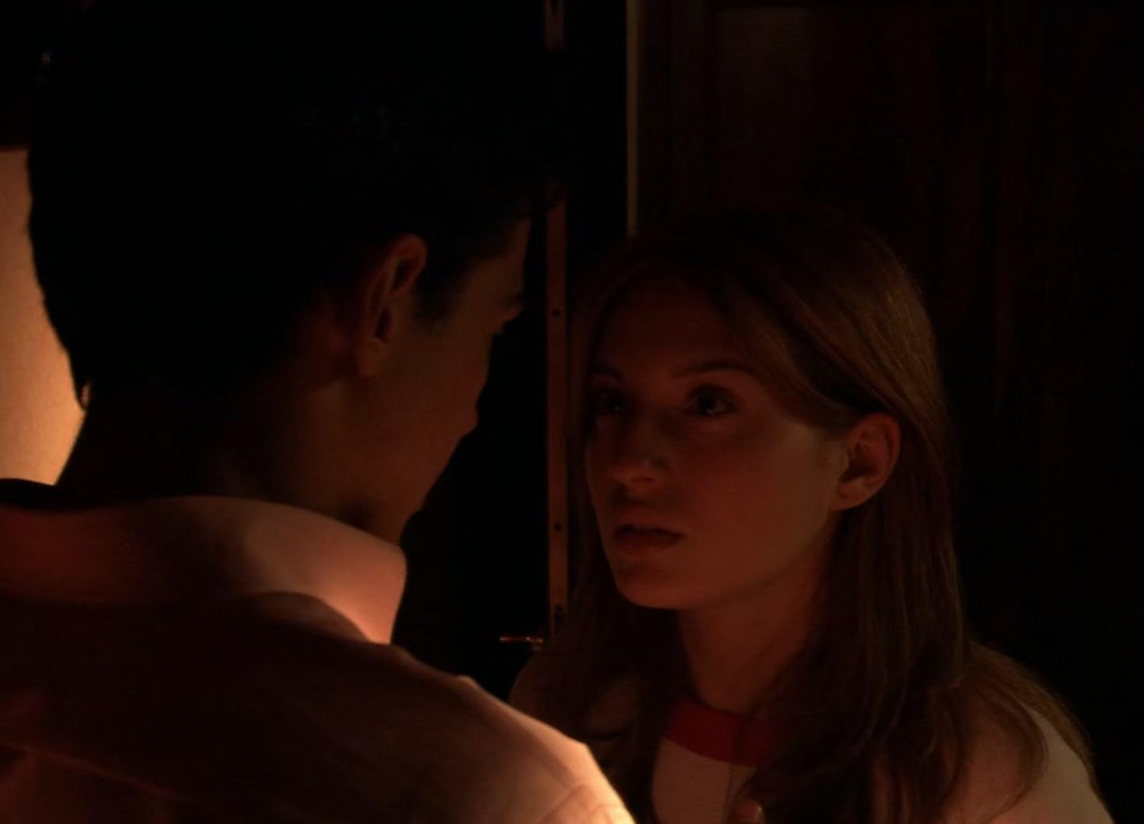Melissa P. (2005)

Released in 2005, “Melissa P.” is a movie that delves into the complex and fascinating world of a teenage girl’s journey towards self-discovery and sexual awakening. Directed by Luca Guadagnino, this Italian coming-of-age drama is an adaptation of the controversial novel “100 colpi di spazzola prima di andare a dormire” by Melissa Panarello.

The story follows the protagonist, Melissa, a young and rebellious high school student who embarks on a quest to explore her sexuality and fulfill her desires. Set in Sicily, the film captures the raw and emotional struggles faced by Melissa as she navigates the turbulent waters of adolescence.

One of the key themes of “Melissa P.” is the exploration of female sexuality and empowerment. Through Melissa’s journey, the movie challenges traditional gender norms and sheds light on the societal taboos surrounding female desire. The film bravely confronts issues such as sexual agency, consent, and societal expectations, making it a thought-provoking and controversial piece of cinema.

The portrayal of Melissa is both captivating and heartbreaking, as she grapples with her emotions, desires, and insecurities. The movie paints a vivid and realistic picture of teenage angst, rebellion, and the search for identity. Melissa’s character is multi-dimensional, flawed, and relatable, drawing audiences into her tumultuous world.

The cinematography of “Melissa P.” is visually stunning, with sweeping shots of the Sicilian landscape and intimate close-ups that capture the raw emotions of the characters. The film’s soundtrack complements the narrative perfectly, enhancing the mood and atmosphere of each scene.

Overall, “Melissa P.” is a bold and provocative film that pushes boundaries and challenges societal norms. It is a powerful exploration of adolescence, sexuality, and the complexities of growing up in a world that often fails to understand the inner turmoil of young women. With its captivating storytelling and nuanced performances, “Melissa P.” is a movie that leaves a lasting impact on its viewers, prompting reflection and conversation long after the credits roll.





